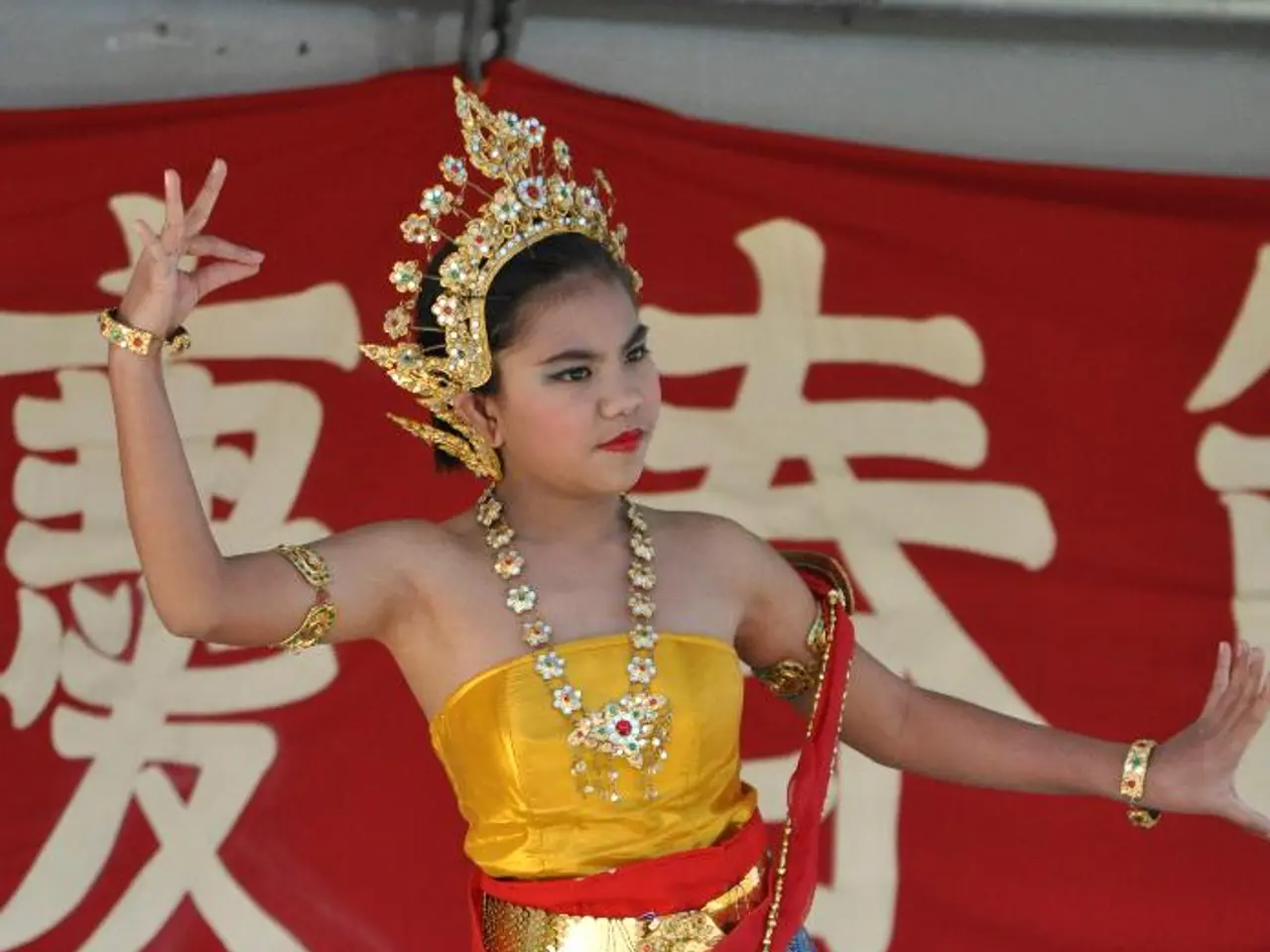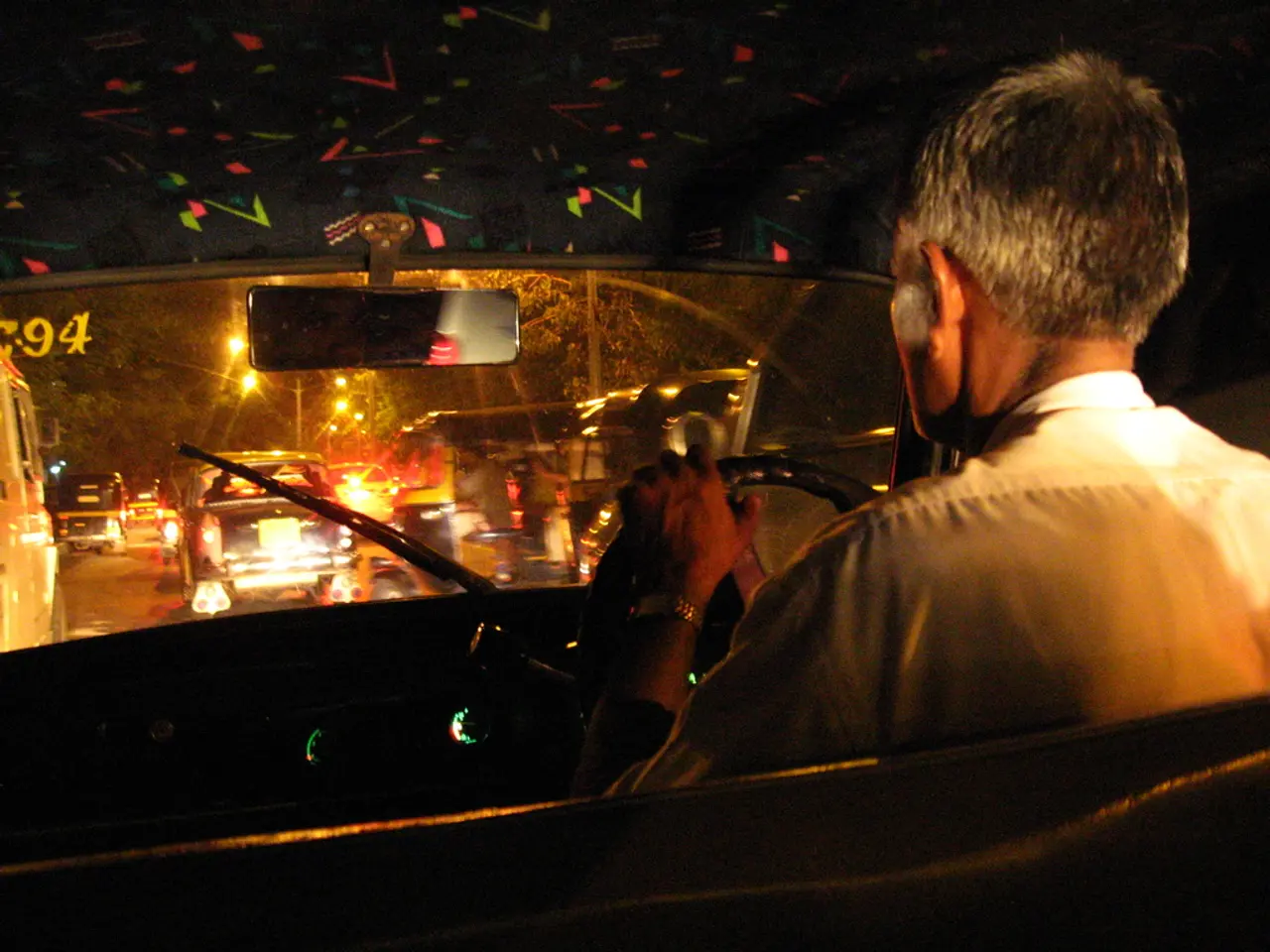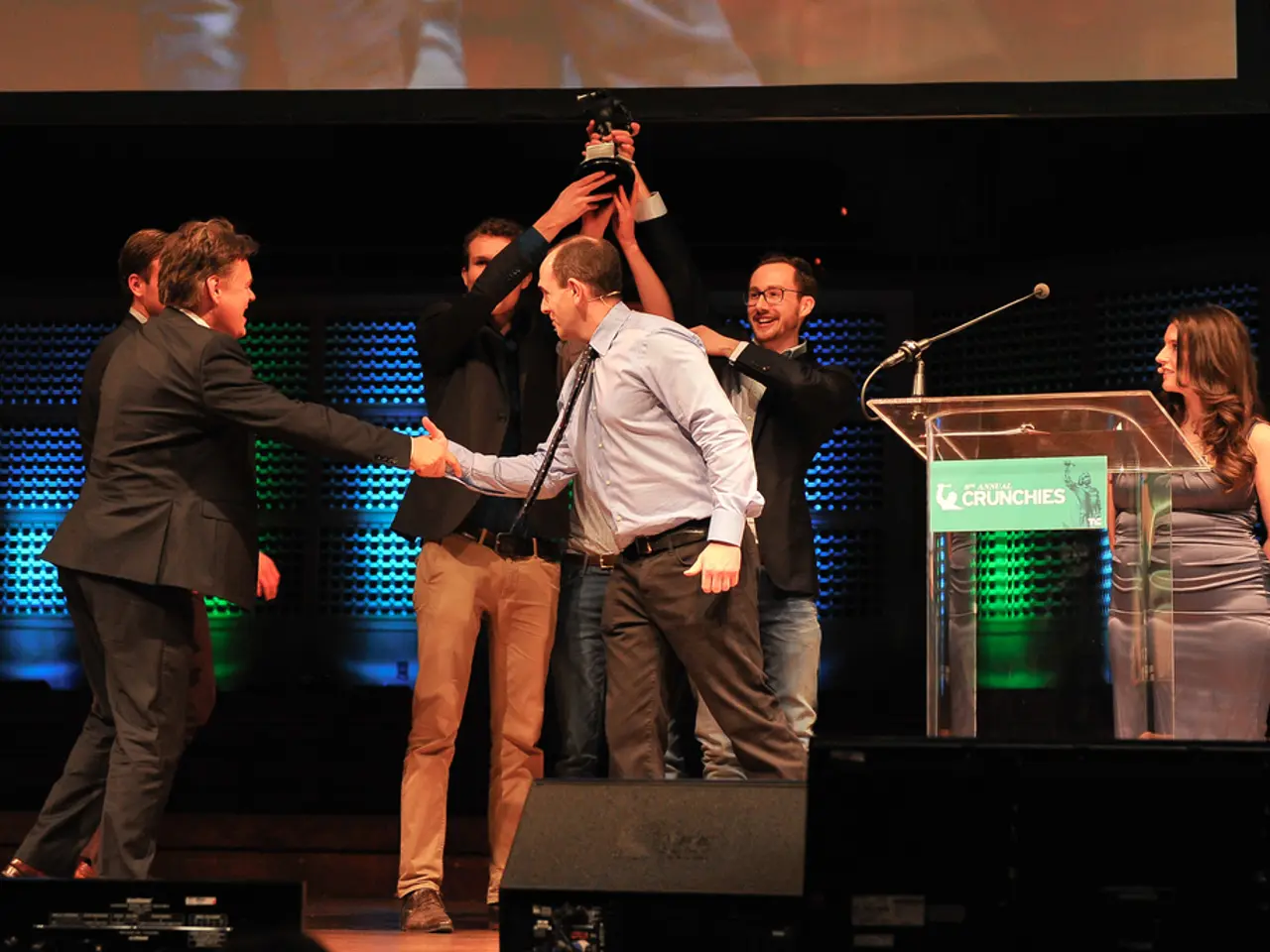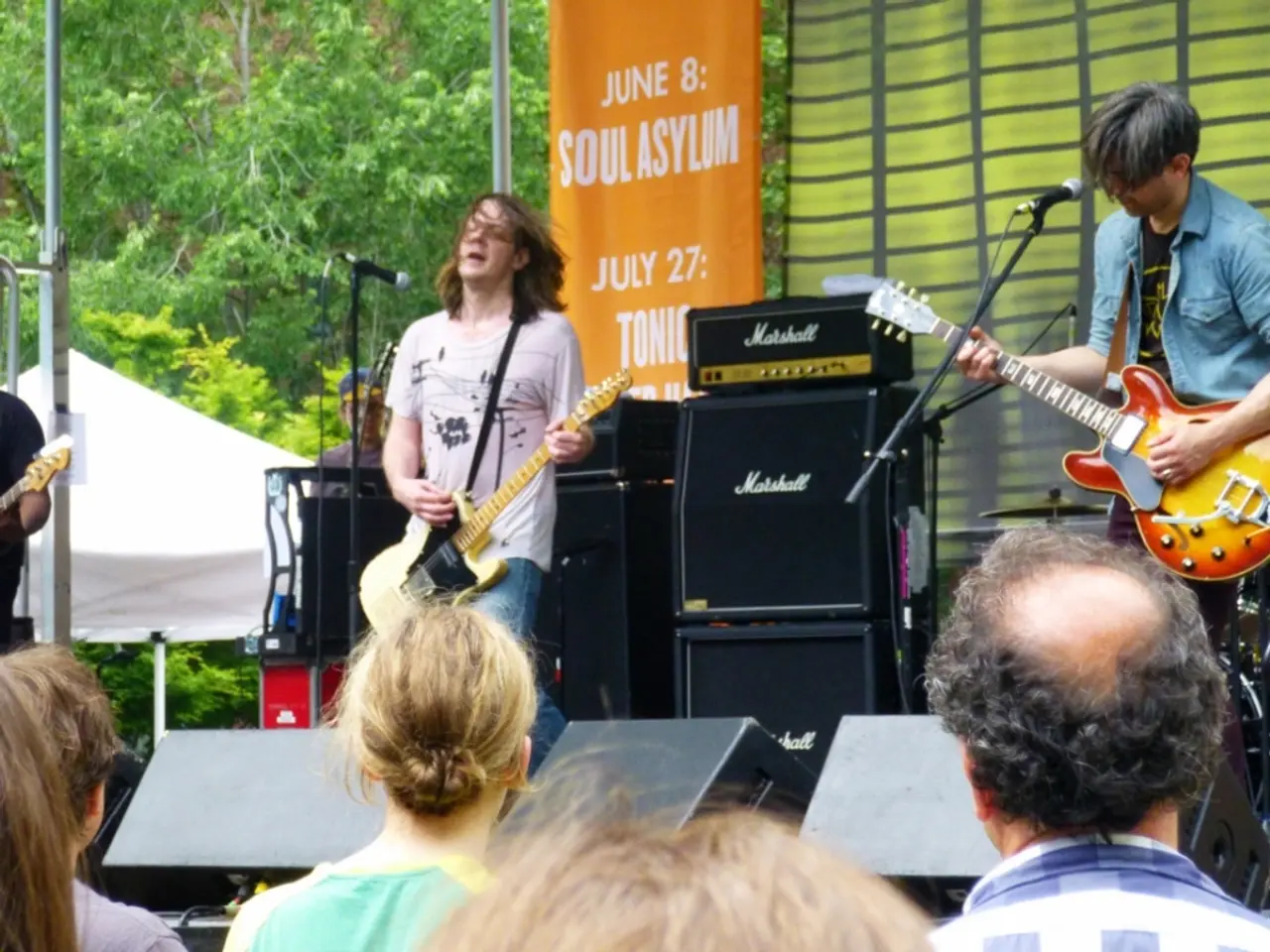New track by Laibach, a reimagining of Bijelo Dugme's classic tune, entitled "Die Kanone" is available now on Mute Records.
In a unique collaboration, Slovenian industrial band Laibach and Yugoslav-era rock group Bijelo Dugme have released a new single, "Die Kanone". The track is a reimagining of Bijelo Dugme's 1974 hit "Top", blending Bijelo Dugme's Balkan folk-rock style with Laibach's industrial and martial aesthetic.
The single marks Bijelo Dugme's 50th anniversary and was initiated by Goran Bregović, the founding member and principal songwriter of Bijelo Dugme. It was released via Mute Records, symbolizing a dialogue between two culturally and stylistically distinct musical acts.
"Die Kanone" is not a straightforward cover but a hybrid reworking that retains key elements of the original while overlaying Laibach's signature style—processed vocals, heavy guitars, and martial beats. The single’s cover art features a modified Volkswagen Beetle, once manufactured in Sarajevo, symbolizing intertwined histories of industry and nationalism in the region and beyond.
The track explores themes of Balkan identity, masculinity, and militarism, while also commenting on broader European industrial and geopolitical issues. Laibach's frontman, Manko Lah, stated that the cannon metaphorically represents distorted expressions of masculinity.
Bijelo Dugme, formed in Sarajevo, Bosnia and Herzegovina, in 1974, gained nationwide fame with their debut album, "Kad bi' bio bijelo dugme", released in 1974. The band disbanded in 1989 as Yugoslavia's political climate deteriorated. They reunited in 2005 for three sold-out concerts and celebrated their 50th anniversary with a concert at Paris's Olympia in 2025.
Laibach has a history of political statements, having expressed willingness to perform in occupied Crimea and Donbas in a 2018 interview with pro-Kremlin media. However, their stance on the Russo-Ukrainian War is not mentioned in the provided materials.
Laibach has released several shows across Slovenia in 2025, including in Ruše, Nova Gorica, Velenje, and Trbovlje. The band's Kyiv concert was cancelled due to significant backlash in Ukraine over a 2023 Guardian interview where they described the Russo-Ukrainian War as a cynical proxy war for the geostrategic interests of the superpowers and financial capital.
Bijelo Dugme's classic lineup included Goran Bregović (guitar), Željko Bebek (vocals), Zoran Redžić (bass), Ipe Ivandić (drums), and Vlado Pravdić (keyboards). Their 1979 album "Bitanga i princeza" is often considered their creative peak.
The single alludes to Germany's current shift from automotive manufacturing to arms production, and its lyrics were translated into German for the occasion. Laibach's 2006 cover of the Russian anthem has been seen as sympathetic to Russia.
[1] [News Source 1] [2] [News Source 2] [3] [News Source 3]
The collaboration between Laibach and Bijelo Dugme in the music industry isn't limited to the single "Die Kanone"; it also extends to fashion and beauty, as their unique styles are showcased in their distinct performances and aesthetics. This collaboration, furthermore, has enriched the entertainment landscape, offering fans a diverse fusion of Balkan folk-rock, industrial, and martial sounds.
The resonance of this collaboration goes beyond the borders of music, touching upon themes like Balkan identity, masculinity, and militarism, which are also prevalent in lifestyle discussions and fashion trends. The single "Die Kanone" serves as a fusion of various cultural and stylistic influences, mirroring the multifaceted nature of contemporary lifestyle, fashion, and entertainment.








